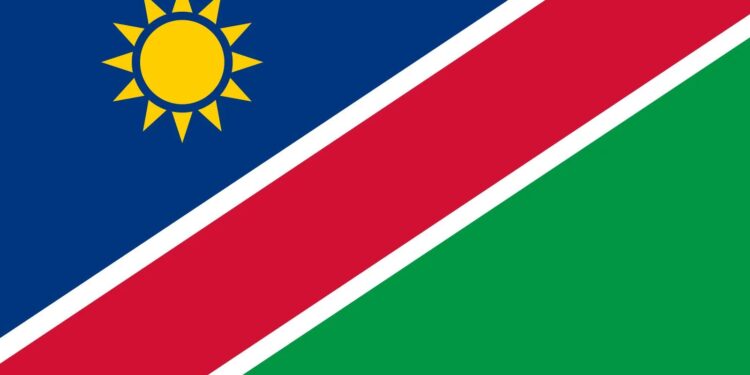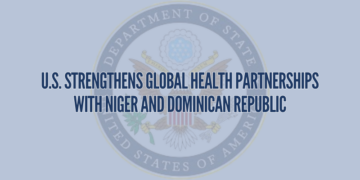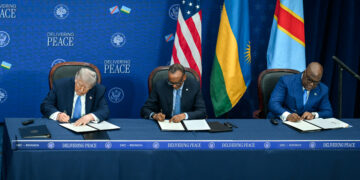Namibia officially held its first Genocide Remembrance Day on Wednesday, May 28th, in a national ceremony honoring victims of mass killings carried out by German colonial forces between 1904 and 1908. The remembrance marks the systematic extermination of tens of thousands of Herero and Nama people, widely regarded as the first genocide of the 20th century.
The commemoration included symbolic acts such as candle lighting, traditional rituals, and a moment of silence. The date was chosen to align with the closure of colonial concentration camps on May 28th, 1907, which followed growing international condemnation at the time. These camps were sites of forced labor, starvation, and inhumane treatment that led to mass fatalities. The victims’ remains were later used in racial pseudoscientific studies in Europe.
During the ceremony, national leaders reaffirmed calls for full reparations. Germany previously acknowledged the genocide in 2021 and pledged over one billion euros in development funding. However, this was rejected by Namibia, as the financial package did not include the term “reparations” and excluded the direct involvement of affected communities. Calls persist for justice based on international reparations frameworks that emphasize the participation of victims, acknowledgment of their rights, and restitution.
Descendants of survivors continue to seek the return of ancestral lands and demand reparative justice that includes not only financial redress but also land rights. The communities argue that symbolic gestures alone are insufficient and that inclusive, fair, and transparent negotiations must be prioritized. The memory of the genocide is preserved not only in national policy but also in collective trauma that remains present in Namibia’s socio-economic fabric.
Germany’s previous extraction of livestock from the Herero and Nama as punitive measures before the genocide has also been highlighted, with some calling for these losses to be included in compensation calculations. This aligns with broader efforts to address colonial legacies under genocide prevention principles.
Namibia’s Genocide Remembrance Day is both a tribute to past lives lost and a renewed demand for recognition, justice, and restitution that reflect the scale of historical crimes committed.










